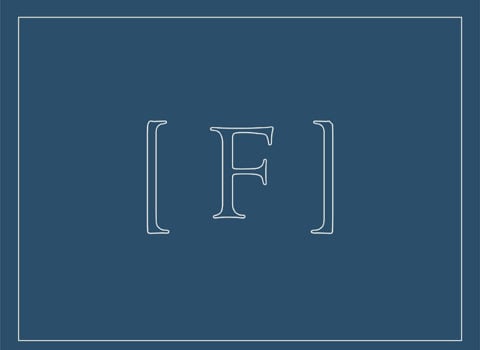Fearfully neurotic regions of the United States and the United Kingdom were likelier to vote for Donald Trump and Brexit. Americans have been displaying high levels of OCD-like thought about politics since November 2016. Libertarians were confirmed to be the most analytical of Americans, and moderates the least. In the Bible Belt, the negative correlation between intelligence and religiosity is weaker. A massive medieval lava flow may have hastened Iceland’s conversion to Christianity. The Maya traded dogs for ceremonial purposes. The demise of cousin marriage lagged the advent of modern transportation by half a century. Wealth has very rarely translated to greater reproductive success for women, whereas for men that effect has persisted even in advanced industrial societies. An Irish philosopher considered whether human morality, having evolved during the Stone Age, has now devolved. A study of Vietnam veterans with penetrating brain injuries identified lesions that encourage altruism. A researcher suggested that René Descartes experienced Exploding Head Syndrome.
Mongooses living in large groups will adopt highly specific diets to limit conflict arising from food competition. Chimpanzees who join new groups with inferior nut-cracking techniques will abandon their superior techniques in order to fit in. The first same-sex penile–anal intromission among New World primates was observed during several bouts of grappling between wild spider monkeys living in Otoch Ma’ax Yetel Kooh, though the penetrative grappler was always the same monkey. The macaques of Jigokudani soak in hot springs for stress relief. Great apes, whether or not they use sign language, have senses of humor that tend toward the scatological. The Bystander Effect was observed in marmosets. Two thirds of adults tasked with searching aerial landscapes for artificial structures failed to detect a man in a gorilla suit, which may suggest a Cosmic Gorilla Effect of inattentional blindness in the search for extraterrestrial intelligence. Macaques who receive a reward for making a good choice will risk that reward just to know how things would have turned out had they chosen differently. FOMO increases as the evening goes on. Nightmare Disorder may affect nearly one in three US military personnel. Spanish neuroscientists accused sleep researchers of neglecting to characterize sleep as a pleasure.
An interdisciplinary team created a fog harp. With the exception of Irishwomen who offer outcalls, a survey of advertisements in several countries found that female prostitutes charge significantly more if they are young. Treating koalas’ chlamydia with antibiotics compromises their ability to digest eucalyptus leaves. Molecular biologists discovered the protein that gives antibiotic properties to platypus milk. Australian police were stalked by a great white shark. A rogue otter in Florida’s Manatee County was boarding kayaks and biting people, and was injured in a fight with an alligator. “Zombie” raccoons were reported in Ohio. An Indian teenager was killed by an assassin bug. Swedish mother bears may be caring for their cubs longer in order to take advantage of a law against shooting mother bears with cubs. Overfishing was encouraging dolphins to attack fishing nets. Ship noise was causing vigorous fluking and reduced feeding in porpoises. A solar-powered robot wolf with glowing red eyes improved the chestnut harvest in a Japanese forest. Herpetologists reported having had a faceless toad hop across their path in a Connecticut forest. A two-headed boa constrictor was found to be Siamese twins with two hearts.

“Sand Dune, Desert Dome” and “Tethered Saguaros and Netted Magpie, Desert Dome,” photographs by Dana Fritz of Omaha’s Henry Doorly Zoo, in Nebraska. From Terraria Gigantica: The World Under Glass, published last year by University of New Mexico Press. Courtesy the artist and University of New Mexico Press




